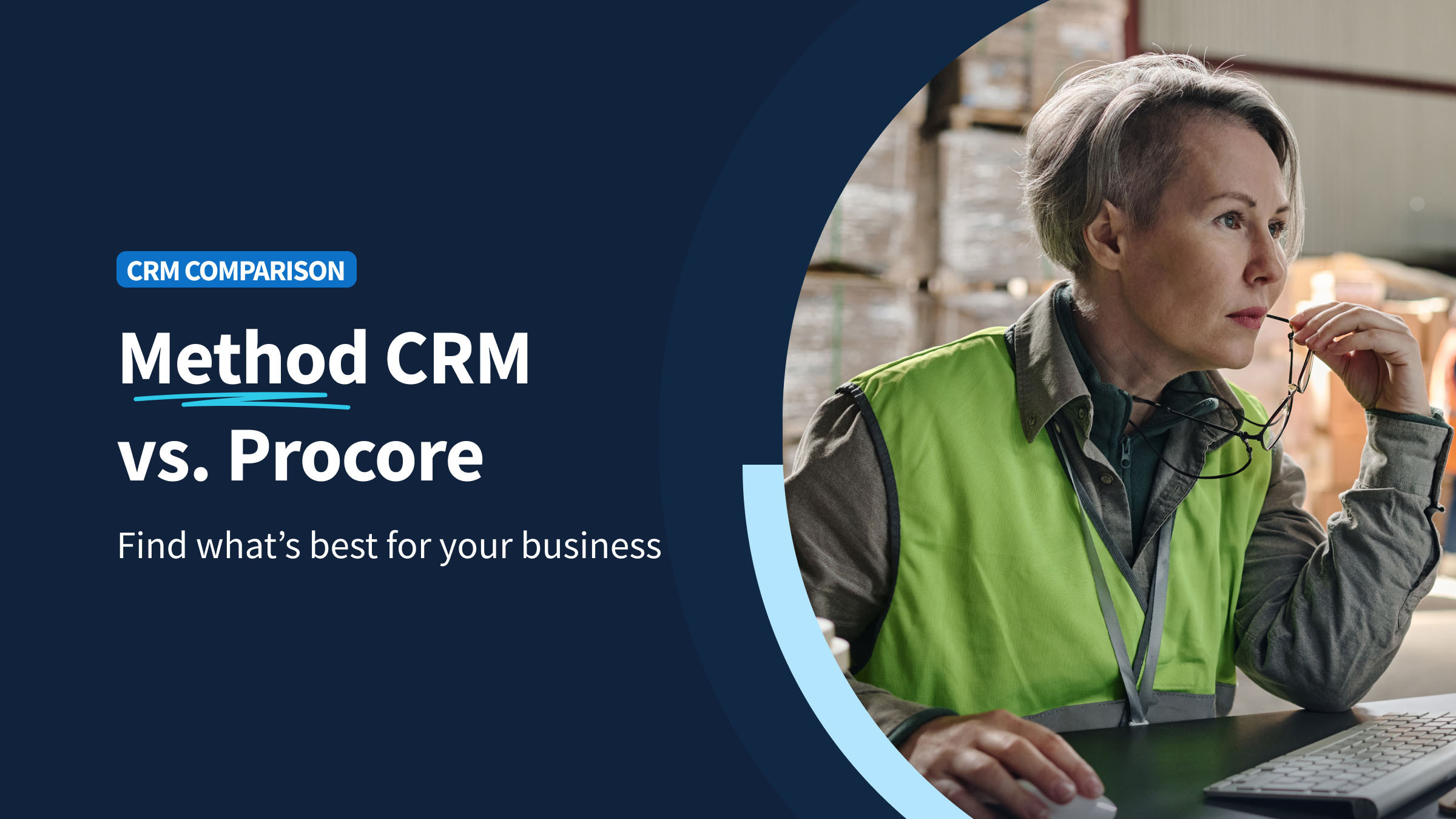People may view the construction industry as dependent on timeworn practices and slow to adapt to the modern world. But all of that is changing.
Look at any large-scale construction project today and you’ll see that cloud technology is quickly becoming an essential part of the industry’s work.
It makes sense that an industry with multiple worksites would leap at the chance to digitize its paper-based workflows. However, some of the ways builders are using the cloud may surprise you.
The rise of cloud technology in construction
The Internet of Things (IoT), autonomous vehicles and always-on mobile internet connections are rapidly growing in popularity. Consequently, on-premise solutions for storing and deploying data and applications are no longer practical options for construction companies.
From invoicing software to mobile CRM software for managing jobs and clients, cloud-based solutions can streamline and simplify countless daily tasks. For instance, cloud software can help construction firms by:
- Monitoring and automating maintenance and work schedules
- Tracking equipment and resources to optimize logistics and prevent losses
- Monitoring and assessing individual projects through Building Information Modelling
- Tracking and optimizing work on-site using sensors that monitor downtime
- Using predictive analytics to optimize workflows and predict problems before they arise
- Monitoring staff performance and detecting health and safety issues early on
There’s no doubt that new technology solutions will continue to emerge in the coming years.
Key benefits of cloud technology
Cloud technology has the potential to impact every part of a construction company’s work. Here are some of the key benefits that it offers.
Enjoy greater mobility
Reliable, grounded internet has not yet reached every place in which construction occurs. Just consider the large infrastructure projects in resource sectors like mining or forestry, or large transportation projects like highways or ports. The locations of these projects are often highly remote. Yet when you combine with the arrival of 5G mobile connectivity with the move towards blockchain-based cloud solutions, teams can use data and resource-heavy applications and services virtually anywhere.
Digitize your workflow
For many years, construction companies relied on traditional paper-based workflows for their inherent quality assurance, security, and reliable record keeping. However, the cloud is now more than capable of meeting and surpassing these expectations. This creates opportunities for workflows to be partially or completely digitized, thus eliminating the need to haul files and documents from site to site.
Instantaneous, paper-free communication between the head office, site offices, managers, individual contractors, and partner companies now enables instant updates for all parties involved. For example:
- Individual contractors can track their work by location, hour and day
- Shipments of materials can be located at a moment’s notice and sent to where they’re needed
- Billing can be near-instantaneous through the use of invoicing software that syncs with your accounting software
- Important customer and project data can be made available to all team members immediately, no matter where in the world the build site or head office is located
Overall, the connectivity offered by cloud technology creates a thorough and highly accessible digital “paper trail.”
Drive automation and big data
Automation is a huge part of the digital transformation landscape, with machine learning playing an enormous role in optimizing workflows and predicting problems before they occur. Once they’re based in the cloud, many construction workflows can be automated or at least semi-automated. Tasks like ordering equipment, fuel and other materials to a worksite can be handled digitally, which reduces downtime caused by inefficient logistics planning.
At the same time, big data is becoming more important in every industry. The cloud provides the scalable and flexible storage and networking infrastructure needed for the effective use of big data.
Exceed client expectations
Without the cloud, coordinated account and client management become nearly impossible for an industry with multiple worksites. By making the most of cloud apps and their ability to host services and data online, construction firms can make sure they’re always prepared to meet their clients’ expectations.
Cloud CRM software: an essential tool for modern construction companies
Construction projects are often lengthy endeavors. As such, firms must carefully manage their relationships with prospects and clients over long periods of time. It’s essential that they have a reliable system to keep track of contact information, communication history, and special requests.
Many companies are becoming more digitally sophisticated by adopting client relationship management (CRM) software. These cloud-based systems give managers, sales reps, and marketers quick access to essential client data whenever they need it. In general, a construction company can use their CRM to:
- Track the various contacts associated with each prospect and client
- Maintain detailed records of interactions
- Provide useful insights into the success of their sales and marketing strategies
- Enable team collaboration across multiple worksites — and much more.
Furthermore, an effective CRM for construction will go beyond relationship management by offering some of the benefits described above, like workflow management and task automation.
The benefits of cloud technology in the construction industry are clear. For companies that are looking for a competitive edge, now is the time to invest in solutions that can enhance your current processes and adapt to your future needs.






